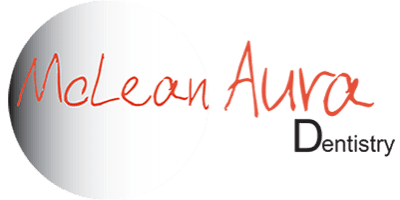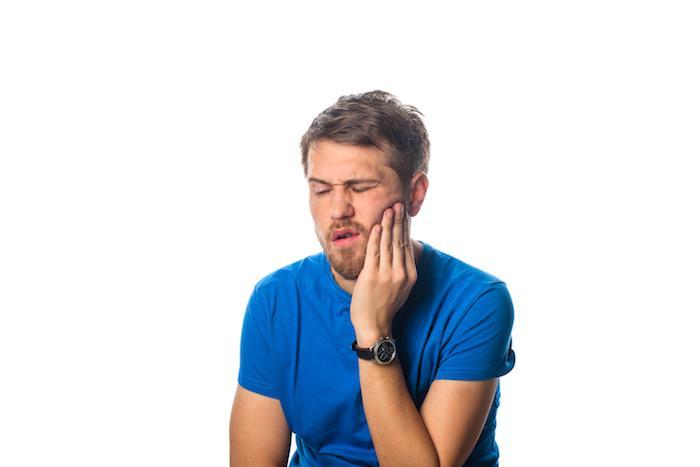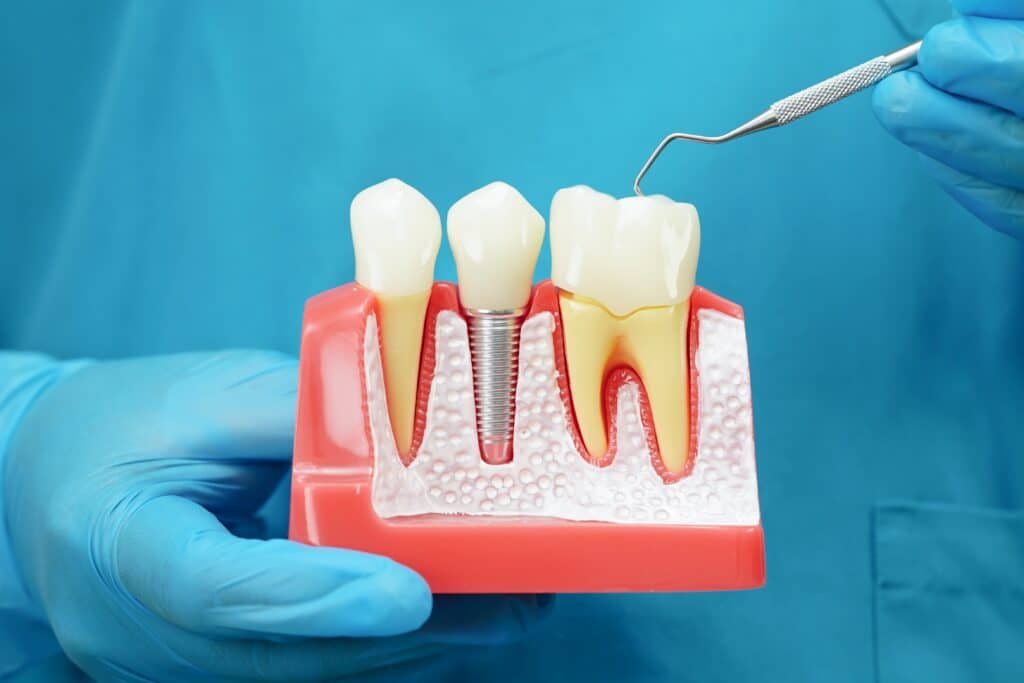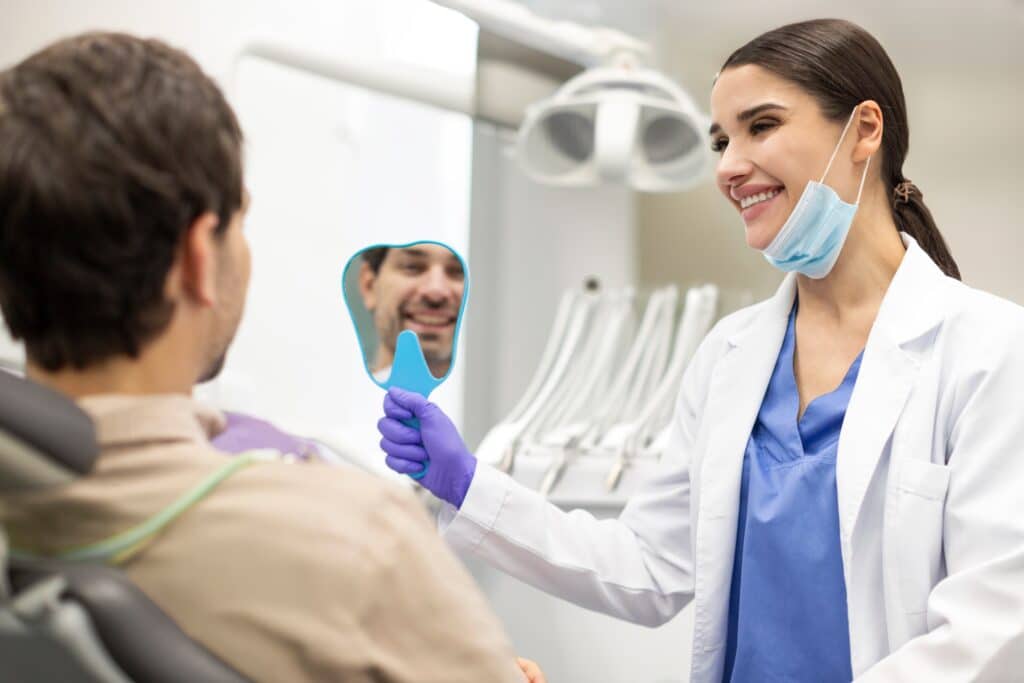Any time your body is in pain, it’s a signal that something is wrong and a signal you shouldn’t ignore. When it comes to pain in your jaw, there are several possible culprits, most of which can benefit from treatment.
At McLean Aura Dentistry, Dr. Negar Tehrani along with our skilled team of dental health experts, want to focus on jaw pain in this month’s blog post and when seeking our help makes good sense.
Common causes of jaw pain
Many issues can lead to jaw pain, and we focus on five of them here, including:
1. Temporomandibular joint (TMJ) disorder
One of the more common causes of nagging jaw pain is TMJ disorder, which affects 5% to 12% of the population in the United States.
Your TMJs are tiny joints on either side of your jaws that attach your lower jaw to your skull. If these joints are overstressed, such as when you clench or grind your teeth, the soft tissues that surround your TMJs can become inflamed and painful.
To resolve a painful TMJ disorder, we offer mouthguards that protect against clenching and grinding and relieve the stress on your TMJs.
2. Trauma
Another, more obvious source of jaw pain is direct trauma to the bone. Whether you fall, or a flying object hits your jaw, seek medical attention if you’re left with pain and swelling.
3. Sinus issues
You have a pair of sinuses in your cheeks that rest above your upper jaw bone. If you’re having sinus issues, the pain may radiate into your jawbone.
To determine whether sinuses are to blame for your jaw pain, we can take a quick X-ray to see if there’s any connection and, if we find one, send you to the right specialist for sinus pain relief.
4. Dental abscesses
If you have an abscess in your tooth or around your gums, the pain can radiate to your jawbones. Abscesses are serious infections and warrant our immediate attention. To learn more about abscesses, check out this blog we posted last month.
5. Trigeminal neuralgia
Your trigeminal nerve provides sensation for much of your face, and when this nerve is compressed, you can be left with jaw pain that requires medical attention.
We want to also note that jaw pain can be a sign of a heart attack. If you’re experiencing dizziness, chest pain, shortness of breath, and jaw pain, please dial 911 immediately.
As you can see by our list of potential causes of jaw pain, each can benefit from medical intervention.
For expert diagnosis and treatment of your jaw pain, contact our office in McLean, Virginia, to set up an appointment.




